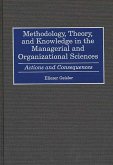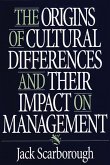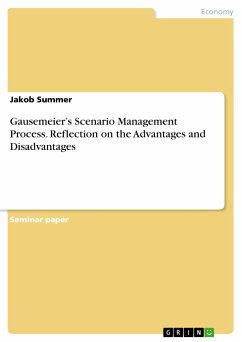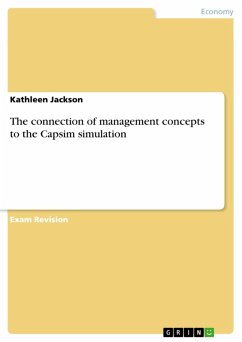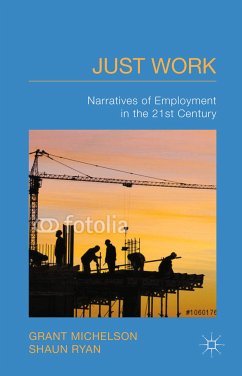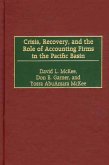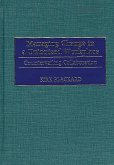Challenging work experiences are the richest source of learning for today's managers. Yet lessons embedded in these experiences are not always obvious. This comprehensive book describes a critical yet under-researched element of how managers learn from these experiences: reflection. Today's workplace demands continual learning, which in turn requires reflection. While this book supports the prevailing view that reflection is central to experiential learning, it challenges the traditional views that it is the same as contemplation, that it is incompatible with management, and that it is time-consuming and unnatural for managers. Original quantitative and qualitative research reported in this book indicates that two different yet complementary modes of managerial reflection exist: active and proactive. Active reflection is something that managers naturally engage in during challenging job experiences, whereas managers must be prompted to engage in proactive reflection. Both modes involve processes of intentional inquiry. Different forces are necessary to stimulate each type of reflection. Based on these findings, the claim is made that the potential to learn from experience is greatest when managers intentionally engage in both modes. Accordingly, a holistic model that integrates active and proactive reflection is presented. This model has important implications for theorists and researchers of managerial learning by identifying previously unreported aspects of reflection. It is also relevant to practitioners and companies who desire to enhance what their managers learn from their workplace experience.
Bitte wählen Sie Ihr Anliegen aus.
Rechnungen
Retourenschein anfordern
Bestellstatus
Storno



